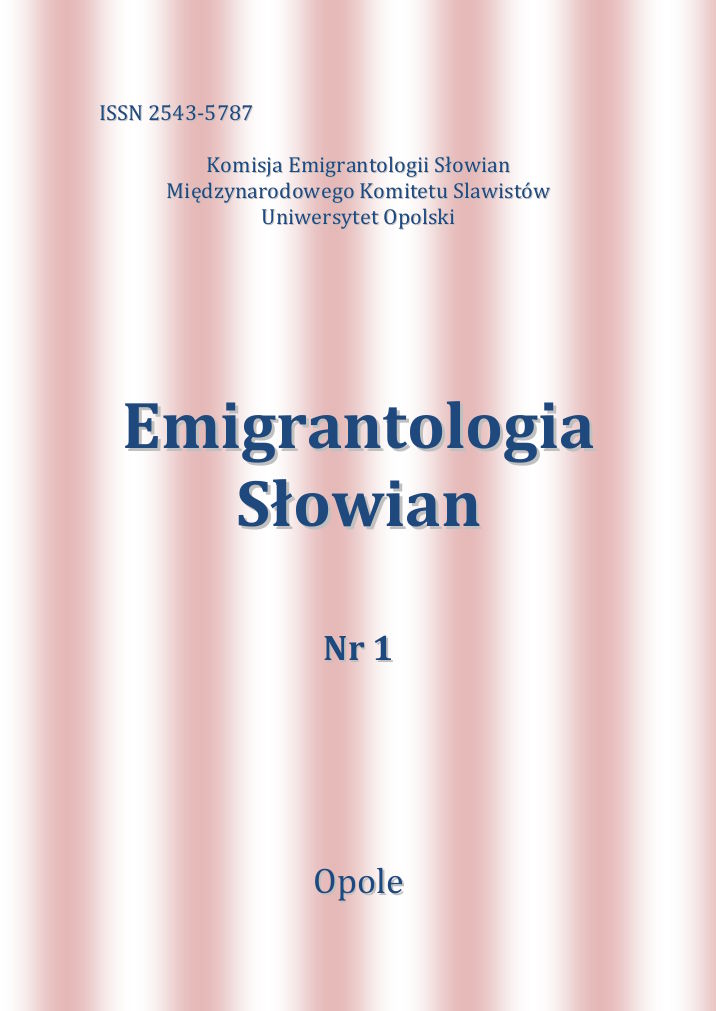
We kindly inform you that, as long as the subject affiliation of our 300.000+ articles is in progress, you might get unsufficient or no results on your third level or second level search. In this case, please broaden your search criteria.

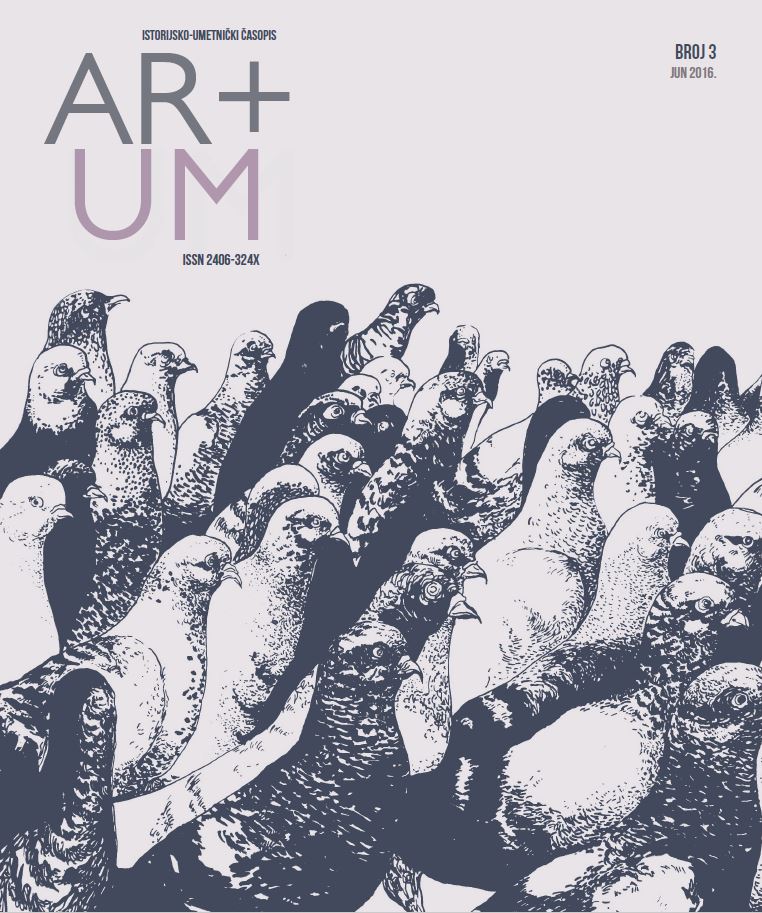

Based on the literary and cultural material, the article discusses two functions played by the term of emigrantology as a legacy of three waves of Russian emigration in the 20th century. The term was introduced by Lucjan Suchanek to the research space of Slavic emigration. It has systematized the area of intellectual and scientific self-reflection (including literary studies, historiography, philosophy and theology, and cultural studies), which developed in the community of Russian emigration. Additionally, the term provides modelling of the need for interdisciplinary and in the nearest future trans-disciplinary studies on the complex cultural phenomenon of Slavic emigrations. In this particular context, the article presents major research directions and achievements of Russian studies in Poland.
More...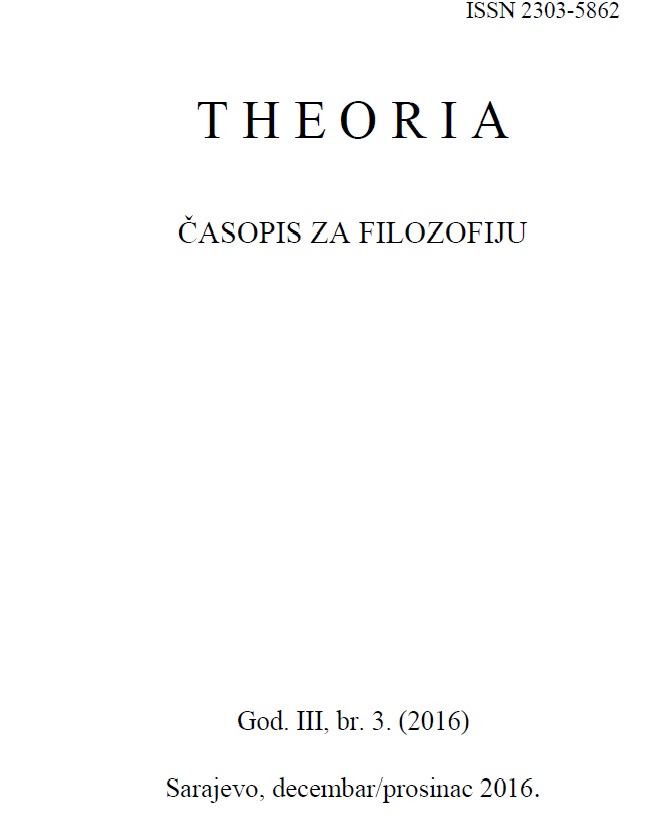
This paper studies the cultural, in this case literary (prose),communication between writers-representatives of different nations. After the determination of the term interculturality and function of culture in slowing the stigma, ghettoisation, passes to the analysis of literary and social activities of two writers,members of the same minority in Serbia - Laslо Vegеl and Laslo Blašković. In the case of different strategies (writing in their native or second language, orientation towards his national community, the relationship to the majority, according to a former state – Yugoslavia – and present, Serbia, treatment of political issues, etc.) Establishes their relationship to their own entity stronghold and possibilities of overcoming its possible oppression (the term Gayatri Chakravorty Spivak) or oppressiveness (termed Susan Stanford Friedman).
More...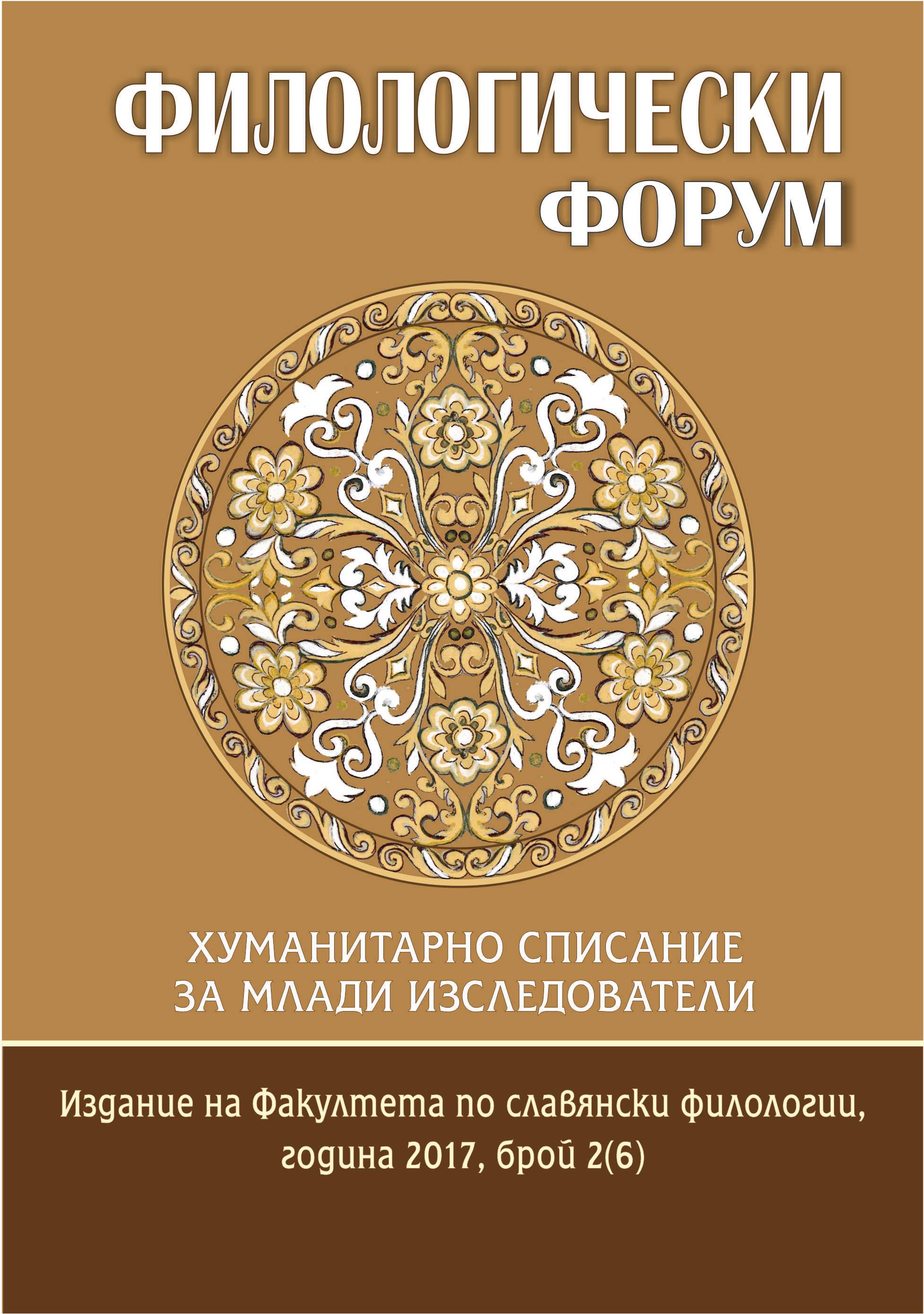
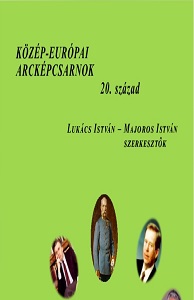
The purpose of this study is to examine the political career of Edvard Kocbek (1904–1981), the internationally recognised Slovene writer, poet, Christian Socialist thinker and politician. Kocbek became well known in 1937, after publishing a long article about the Spanish Civil War, in which he raised his voice against the fact that the main Slovenian party and the Church leadership supported Francisco Franco. In World War II he and his Christian Socialists cooperated with the communists in the Liberation Front and Kocbek has received high ranking positions after the war, but as a Christian, he had no place in the new regime and was forced to resigne. After a decade, he could publish his literary works again. In the afternoon of his life, he raised a particularly unpleasant question for the regime regarding the massacres committed by the Yugoslav Communists after World War II, which was a taboo subject till then.
More...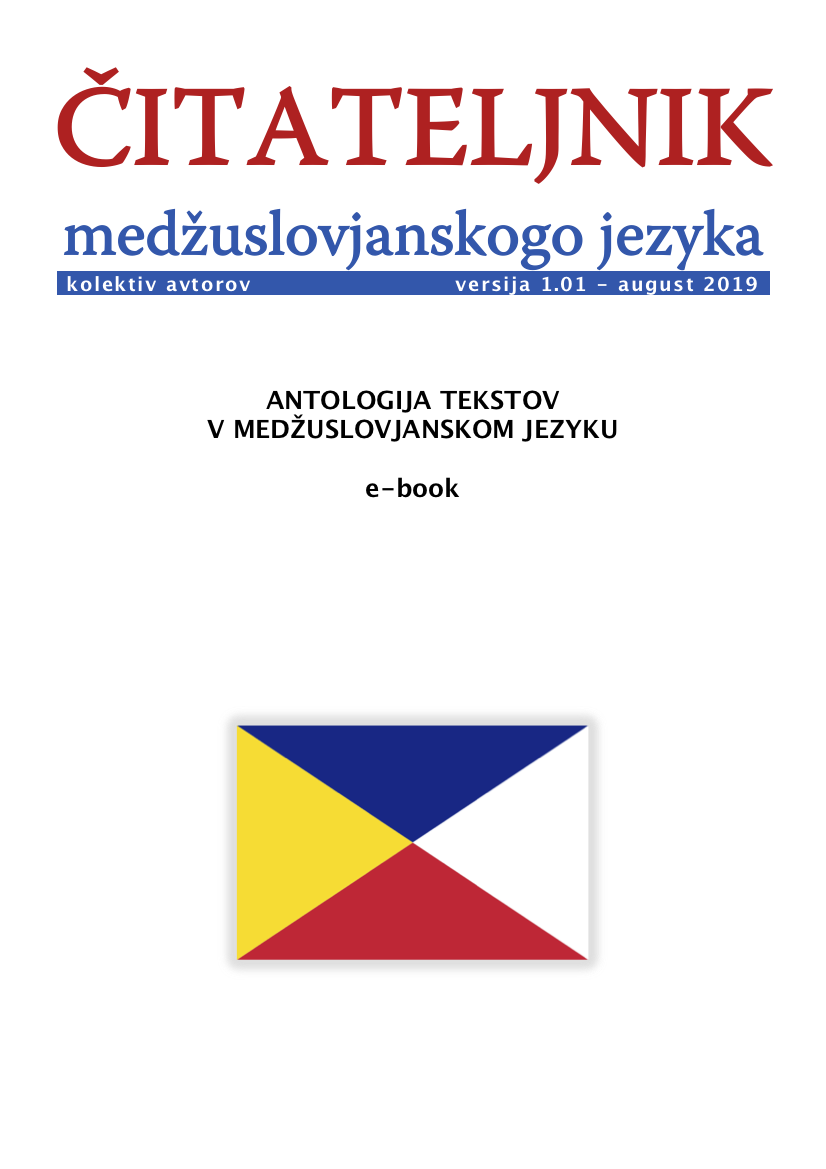
This is a chapter of the Interslavic reader which is a collection of working texts for teaching the Interslavic language. / Tuto jest kapitola iz čitateljnika, ktory jest spisok tekstov do učenja medžuslovjanskogo jezyka.
More...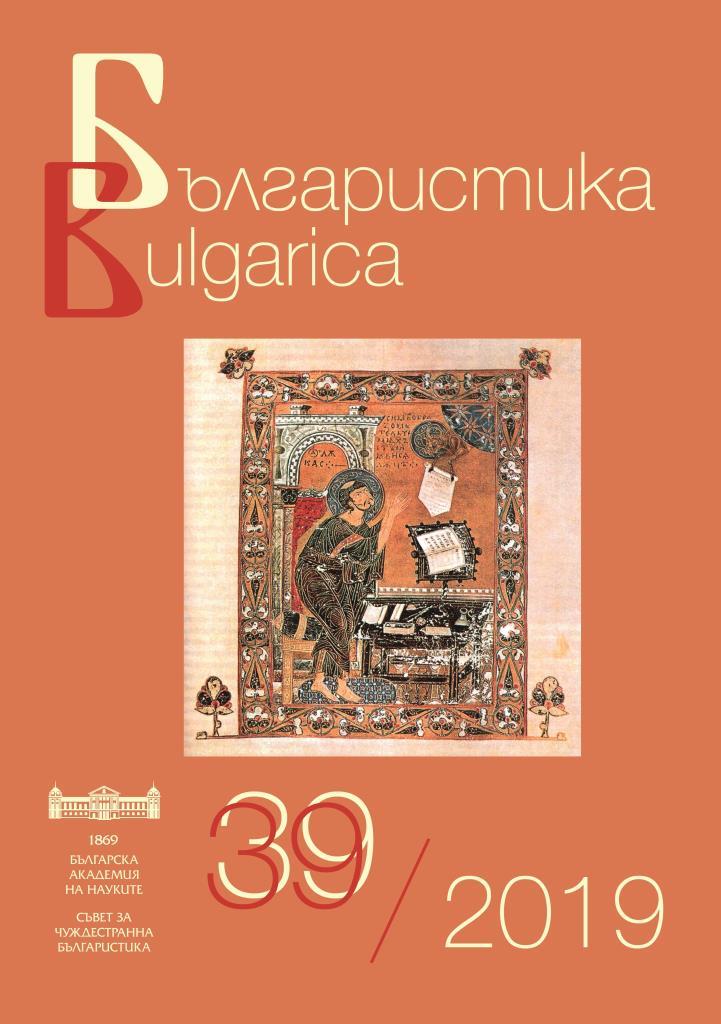

Ivana Brlić Mažuranić published her collection of stories for children titled „Priče iz davnine” in 1916. In this piece of work the main characters are deities known from Slavic mythology. Domaći, Stribor, Zora-djevojka or Svarožić are some of the characters that accompany people in their daily life. Some of them help people, while others subject them to trials, but first of all, they allow people to discover the truth about themselves and become happy. Reading such stories young readers can find out what rules they should follow their lives. Furthermore, pieces of work like the one presented herein can help to develop people’s interest in ancient beliefs and their national culture.
More...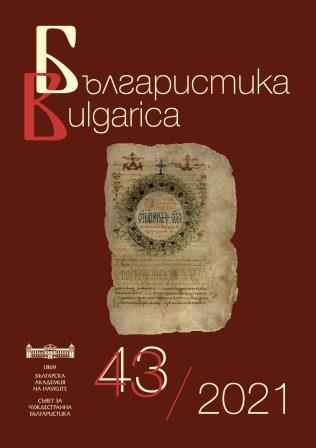
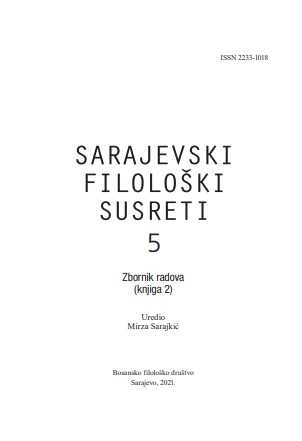
As the fundamental text for the study of artistic and literary avantgardes, Bürger’s Theory of the Avant-garde has been the subject of a wide and diverse critical reception. An especially contentious claim of Bürger’s is the one about the failure of neo-avant-garde art – a claim that cannot be separated from of his category of historical avant-gardes and the claim about the defeat of the pre-war avant-garde movements. Missing the construction of Bürger’s argumentation, different critics have pointed to different post-war artists and artistic movements which, through their work, revitalized avant-garde poetics with more or less success. However, by staying in the same framework of the Euroamerican capitalist West and its artistic system, these counterexamples could not offer a systemic intervention into Bürger’s theory. Due to its specific historical, social, and therefore cultural and artistic trajectory, the experience of Yugoslavia represents one of the possible points of departure for such an intervention. By focusing on existing interpretations of the relation between the Yugoslav avant-garde, neo-avant-garde and post-avant-garde, this article aims to show how the unique relation of the post-war avant-garde towards its tradition can contribute to the critical supplementation of Bürger’s theory and a more nuanced understanding of the possible relations between the neo-avantgarde and the avant-garde. In that sense, this article will try to show how the Yugoslav example is indispensable to a relevant discussion of artistic avantgardes in general.
More...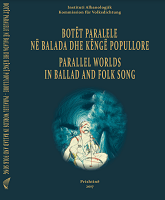
The most famous authors on topic of transformation from human to animal in the tradition of European literature were Publius Ovidius Naso (Metamorphoses) and Franz Kafka (Metamorphoses), both of whom conceptualized the parallel worlds of reality and mythology. In the Slovenian ballad tradition we can trace several mythological ballads with thematic transformations from human to animal and back, as well of animal brides and grooms. This paper focuses on the question of the parallel worlds of animal and human and about the fluid boundaries between them as represented in ballad stories. By analyzing a number of ballads and incorporating theoretical perspectives from folkloristics, psychoanalysis, cultural anthropology, critical animal studies and zoofolkloristics, I will uncover the purpose of mythological transformations and their imagery. The underlying question is whether these mythological stories represent a notional duality of human versus animal and nature versus culture, or to what degree the stories may transcend this conceptual juxtaposition.
More...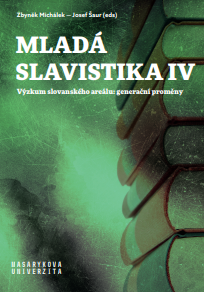
“Young Slavistics IV” is the seventh consecutive publication in a series of annual publications of doctoral students from the Department of Slavonic Studies in Brno. The book was introduced by a study from Prof. Ivo Pospíšil called “Generations in Literary Criticism, Their Fame and Traumas”. There are also six studies by doctoral students of different Slavonic fields, in which the students focus on specific chosen topics of Slavonic literatures, languages and cultures. Their research is based on dissertations currently being prepared. Therefore, the publication is a presentation of current research topics solved in Brno by young students of Slavonic studies and at the same time they indicate the trends which this emerging generation of researchers brings to contemporary Slavonic research.
More...
The coexistence of the majority Slovenian population and the immigrants from the southern states of the former Yugoslavia, who are derogatorily called chefurs (čefurji) in Slovenian, has long been a topic of discussion and, as such, has found its way into literature. The paper compares two major novels that revolve around this theme, Fužine Blues by Andrej Skubic and Southern Scum Go Home! by Goran Vojnović, and the differences and similarities in the way they approach this sensitive topic. In the introduction, the paper discusses theizbrisani, or the “erased”, which is a group of people heavily involved in the tensions between native Slovenians and chefurs. The main section of the paper presents and analyses the stereotypes around the chefurs and the Fužine housing estate in Ljubljana known for its strong presence of the chefur minority. The final part of the paper examines the unique language used in both novels.
More...
Post-conference proceedings “Slavonic Literary World: Contexts and Confrontations III” with the subtitle “Motif of home in Slavonic literatures” consists of 15 papers of doctoral students from 5 European countries. In compliance with the thematic focus of the conference the authors deal with the motif of home in variety of connections, therefore their works bring the new impulses to present state of knowledge and their works illustrates the tendencies and directions of young generation of Slavists.
More...
For the poetic creation of Tomaž Šalamun, one of the most important Slovenian modernist poets, the experience of staying abroad was crucial. This was his voluntary and conscious decision. Referring to Said, it was his choice to give force to his creativity. Šalamun’s necessity to go out of home borders is closely connected with his understanding of the role of the poet. In his poetry, exile is represented as experience that allows him to establish himself as a poet, gives him the power to create and to step out of the conventional frameworks. The motif of living abroad is presented in a tense relation to home (both in terms of intimacy and socio-political space). Starting from Bakhtin’s theory of dialogism, the poet’s self-understanding of himself and his home is closely linked to the relationship with the other.
More...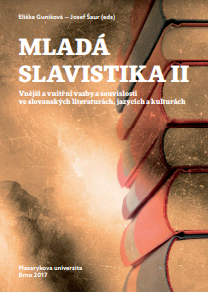
Young Slavistics II is the fifth consecutive publication in a series of annual publications of Doctoral students from the Department of Slavonic Studies in Brno. The book was introduced by a study from Prof. Ivo Pospíšil called “The Problem of the Coherence and Incoherence of Slavonic Literatures”. There are also nine studies by Doctoral students of different Slavonic fields, in which the students examine the issues of context and connection in Slavonic literatures, languages and cultures through the investigation of individual examples. Their research is based on dissertations currently being prepared. Therefore, the publication is a presentation of current research topics solved in Brno by young students of Slavonic studies and at the same time they indicate the trends which this emerging generation of researchers brings to contemporary Slavonic research.
More...
The idea of Central Europe is a phenomenon emerging across different social scientific fields. The discussions about Central Europe (re-)emerged in the 1980s when a number of Central European writers, including Slovenian, began to deal with this idea under the influence of Milan Kunderaʼs famous essay. Among the Slovenian writers and journalists, the issue of Central Europe was discussed mainly by Drago Jančar who belonged to the authors supporting the idea of a common cultural area of Central Europe. The paper analyses Jančarʼs essay work in the context of other selected Central European authors such as Milan Kundera, Adam Michnik, Győrgy Konrád or Danilo Kiš. While at the very beginning, Jančar (like other authors) is in favour of the Central European idea, with hindsight he perceives the debates and visions of Central Europe with a certain reserve and prevailing scepticism can be seen in his texts.
More...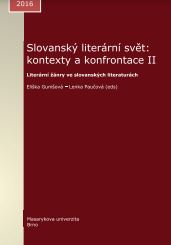
The paper is devoted to the topic of the historical novel in Drago Jančarʼs novels which enjoys great popularity in Slovenian literature. Although Jančar can not be described as a typical author of historical novels there appear some features of this genre in his novels. Specifically, it could be seen primarily in his novels Galiot (Galjot) and Katarina, the Peacock, and the Jesuit (Katarina, pav in jezuit) in which the author, on the background of real as well as fictitious historical events, deals with the issue of an effect of an inevitable historical development on a fate of individuals, with the question of human freedom and of a conflict between the individual and society.
More...
Contemporary Slovenian social narrative without any doubt carries traces of a nostalgia for Tito’s era of 1960s and 1970s that can be observed in literature as well (e. g. Bronja Žakelj). However, works that unmasked the totalitarianism of that period had started appearing much earlier, e.g. those of Lojze Kovačič or Vitomil Zupan. These were later followed by historical novels which searched for the roots and causes of the transformation of the idealism of the antifascist resistance into a totalitarian machinery (the works of Drago Jančar or Maruša Krese). Another strand of literature describes the merging of nationalities, migration, prejudices and stereotypes, but also a xenophobia observable in Slovenian society to this day (Goran Vojnović). The present article is an attempt to outline the abovementioned perspectives in the ways modern Slovenian society and culture are dealing with the period of socialism.
More...